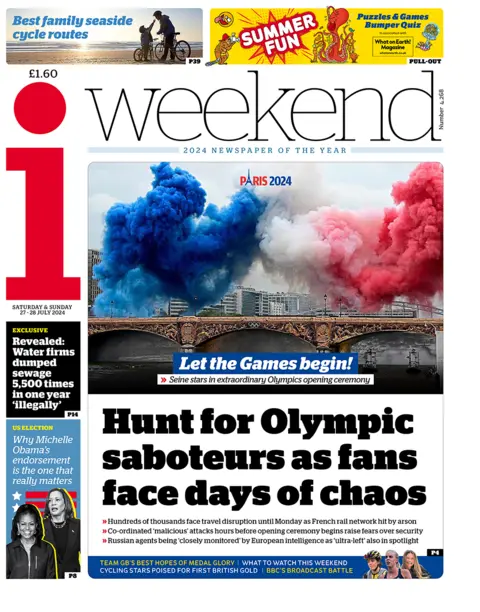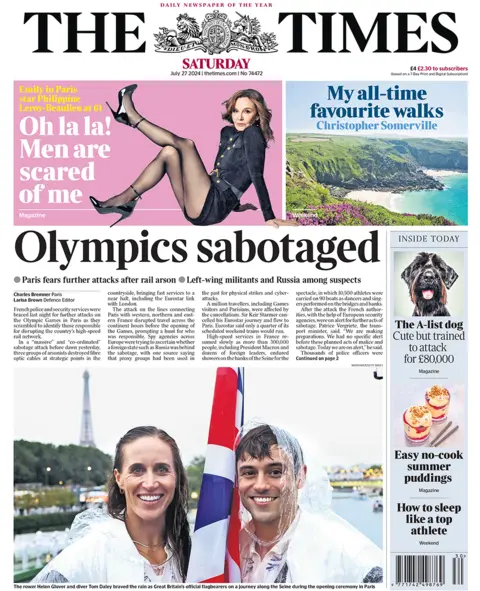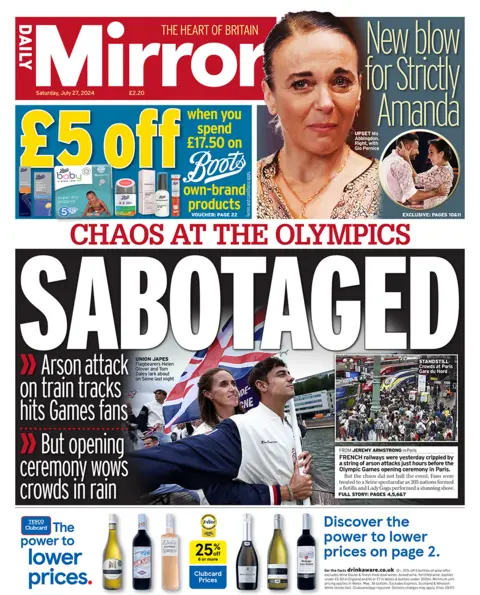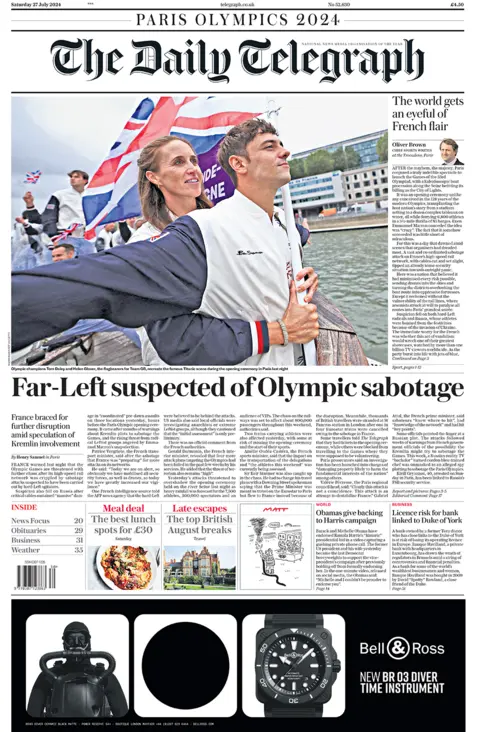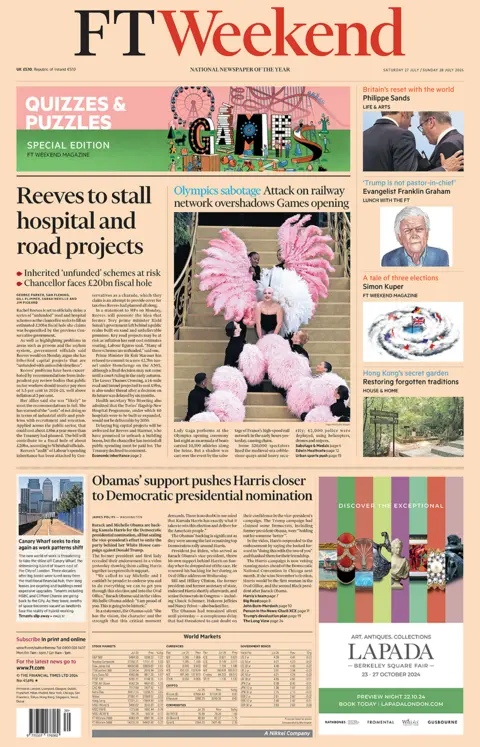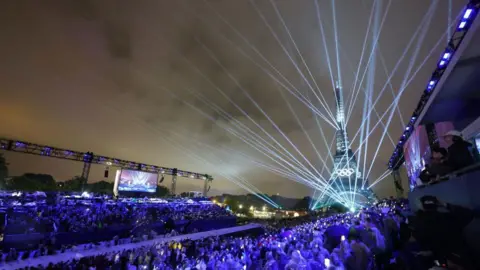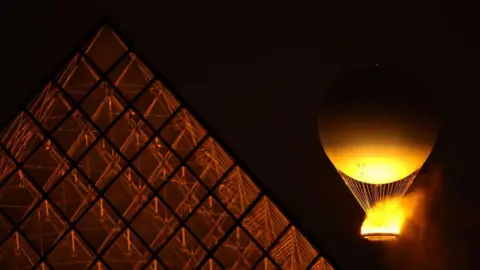CBC
Sat, July 27, 2024
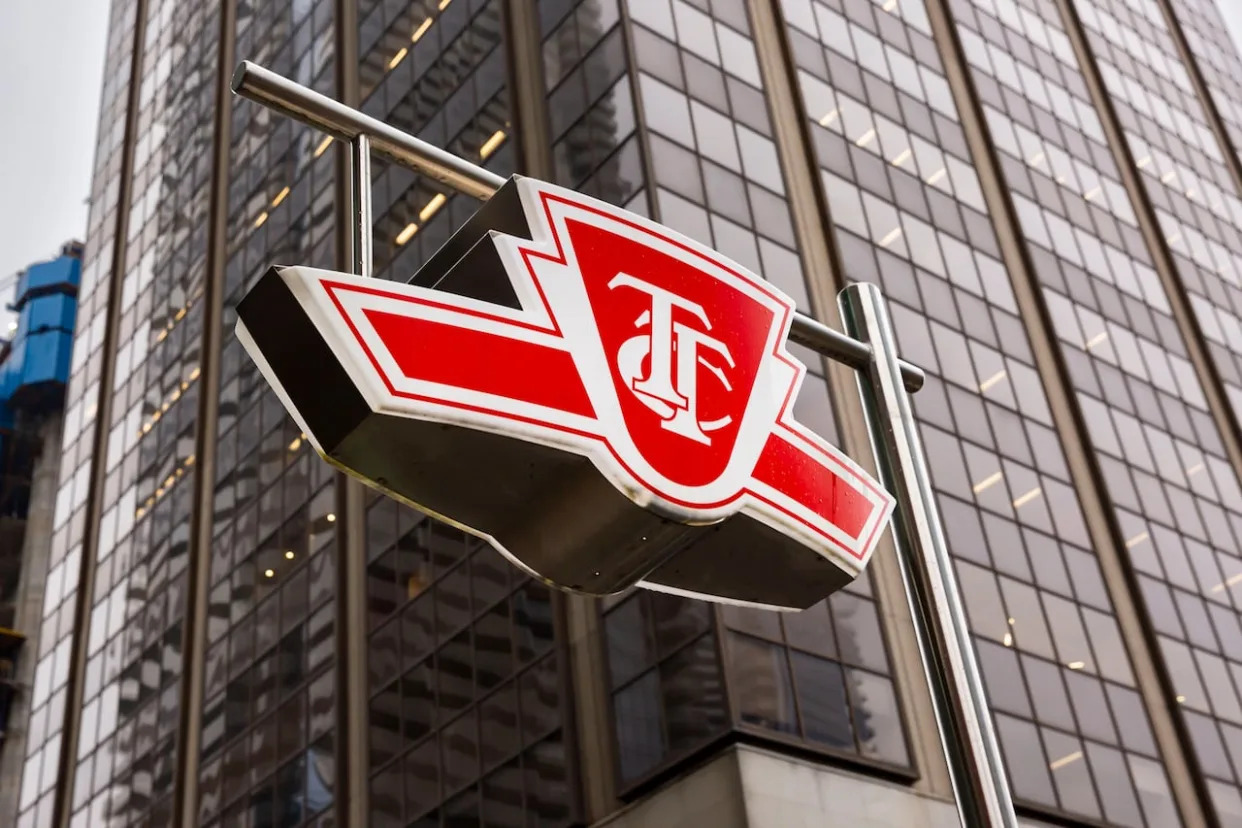
A deal signed last month to avert a major transit strike will cost the city $176 million. It provides a 13% wage increase for over 13,000 TTC workers over 3 years. (Michael Wilson/CBC - image credit)
Securing a labour peace between the TTC and its largest union will cost Toronto $176 million over the next three years, and the chair of the transit commission is defending the deal.
The full contract terms of the eleventh-hour agreement struck on June 6 to avert a strike have now been disclosed by the TTC. The deal kept 12,000 frontline workers from walking off the job following weeks of tense talks between the transit agency and the Amalgamated Transit Union Local 113, which threatened job action.
The deal sees workers receive a 13.04 per cent pay hike over the term: 4.79 per cent in 2024, 4.25 per cent in 2025 and four per cent in 2026.
TTC chair Jamaal Myers defended the expense to taxpayers and stressed a work stoppage would have cost Toronto's economy millions.
"I think it was a reasonable deal," Myers said. "I think it recognizes the work that (TTC workers) were doing and I think it made sure that the city kept moving. Because I think we all understood, if they were to go on strike, it would have been a disaster for everyone."
The deal will also increase late night premium pay and provides a number of benefit enhancements and increased clothing allowances. The wage increase for workers and other changes will have an immediate impact on the city's 2024 operating budget, increasing costs by over $45 million.
Union gets key job security provisions in agreement
The deal also makes clear promises on job security and contracting out. The city has agreed not to contract out, bus, streetcar, or subway operators for the life of the contract. The same goes for operators of new light-rail trains, which are expected to come online in the years ahead.
The contract also guarantees a set level of 422 Wheel-Trans operators over the life of the deal and promises not to reduce that number.
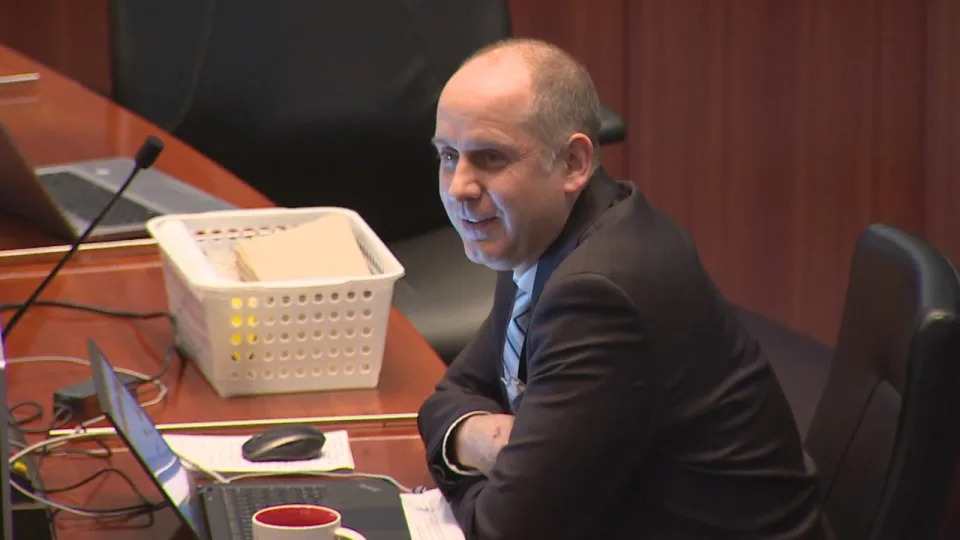
Coun. Stephen Holyday was the lone vote against ratifying the TTC/ATU contract deal at the agency's last board meeting. He isn't sure how the city will pay for the $176 million agreement.
Coun. Stephen Holyday was the lone vote against ratifying the TTC/ATU contract deal at the agency's last board meeting. He isn't sure how the city will pay for the $176 million agreement. (Alexis Raymond/CBC)
The agreement addresses a key concern of the union that TTC service could be hived off to other regional transit agencies, endangering workers' jobs. The agreement says the TTC will implement cross-boundary service integration on only four routes, but does not specify which ones. The TTC would then have the ability to reallocate that service across the system.
The deal will also see some cleaning services on streetcars that had been contracted out, returned to the ATU at a cost of $2.6 million. That will mean an increase of 42 jobs over the life of the agreement.
Both the ATU and TTC board have ratified the deal.
Deal could impact other negotiations with city unions: Holyday
Coun. Stephen Holyday is a member of the TTC board and was the only member of that group to vote against the new agreement.
Holyday said he isn't sure where the city will find the cash to pay for deal. A combination of fare hikes, service reductions or increased subsidies from property taxpayers could be needed to finance it, he added.
"It's not just the city that has to pay for it," Holyday said. "It is, of course, the citizens of the city."
Holyday said the deal could also influence how negotiations play out between the city and unions that represent its workers. Later this year, Toronto is set to bargain with both CUPE Local 79 and 416, unions that represent over 30,000 workers.
"This is a very large award, and conventional wisdom is that it will help inform other awards in the future," he said.
Last month, Mayor Olivia Chow said the city had factored in negotiation estimates when making this year's budget — as the city's finances are increasingly strained.
"Toronto has a fiscal problem," said Chow, pointing toward an annual deficit.
"But if you consider the economic loss of people not being able to get to work, people not being able to get to their doctor's appointments ... it'll be a huge, huge economic damage."
A spokesperson for Chow said Friday that the mayor is increasing transit service and addressing TTC state of good repair needs because of the upload of the Gardiner Expressway and Don Valley Parkway to the province.
Arianne Robinson said the TTC deal was within the envelope of funds that was passed by the TTC board.
"As far as future collective bargaining process, Mayor Chow will always negotiate in good faith with the unions that represent city workers, and pursue fair deals that are fiscally responsible," she said.
ATU Local 113 represents about three quarters of all TTC employees, including many frontline roles such as operators, fare collectors, maintenance workers and stations staff. The union did not immediately provide comment on the details of the deal.
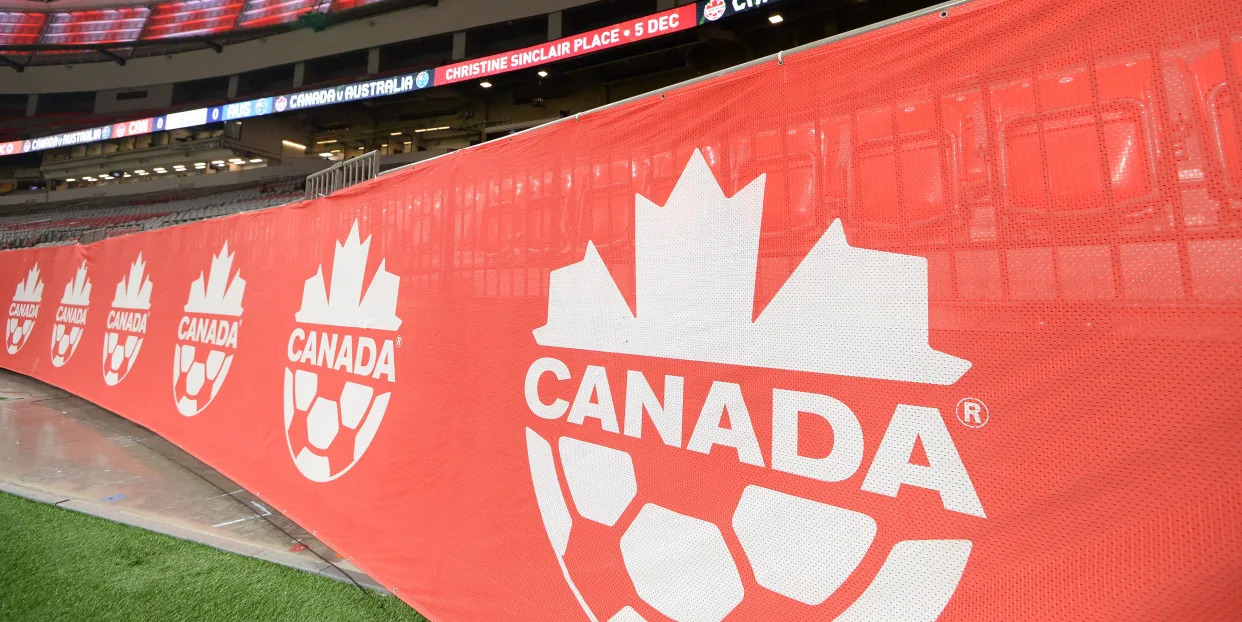
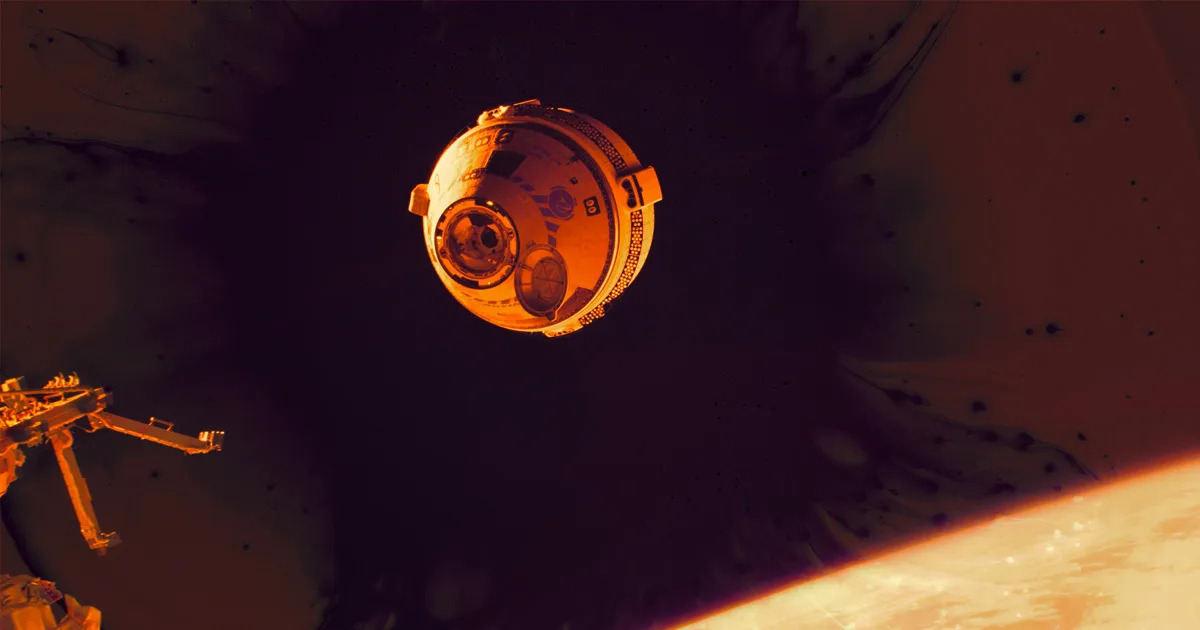
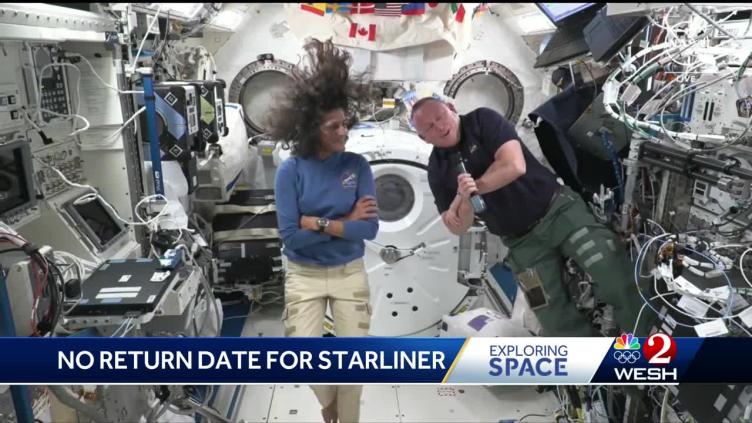
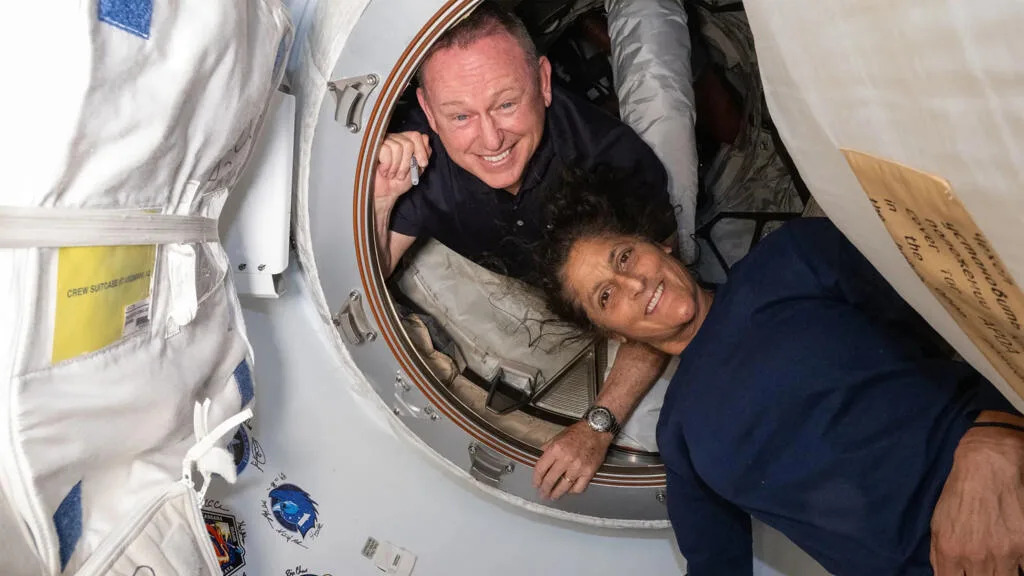
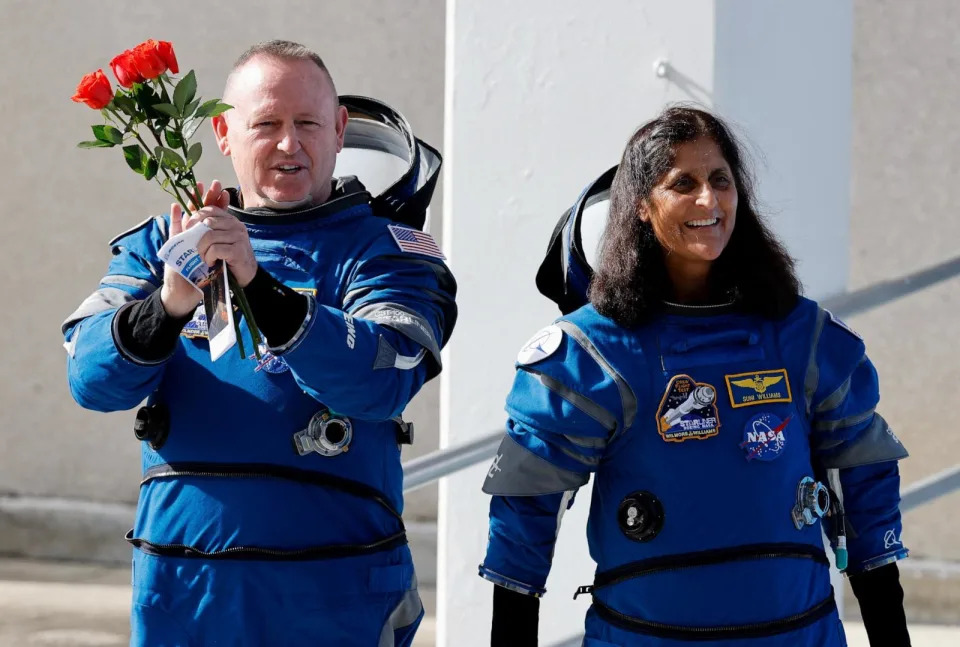
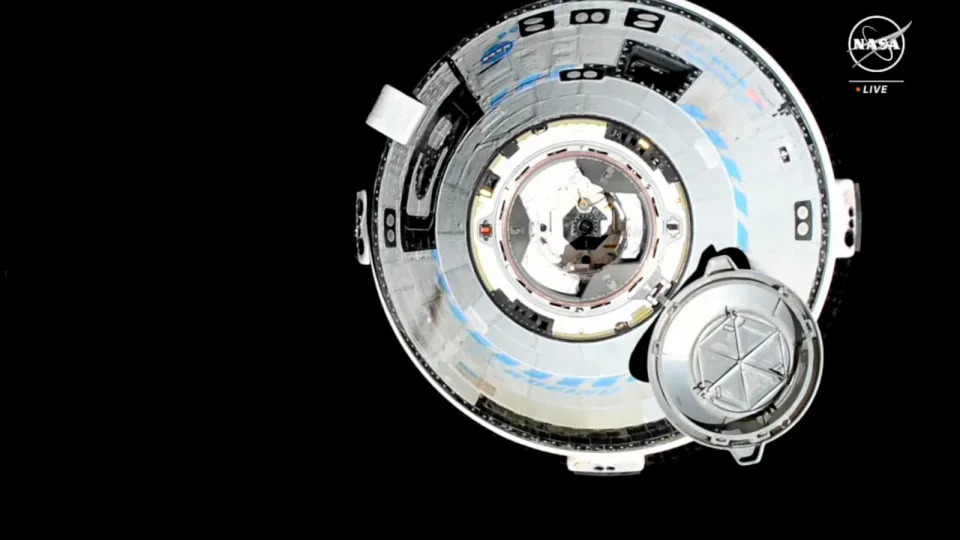
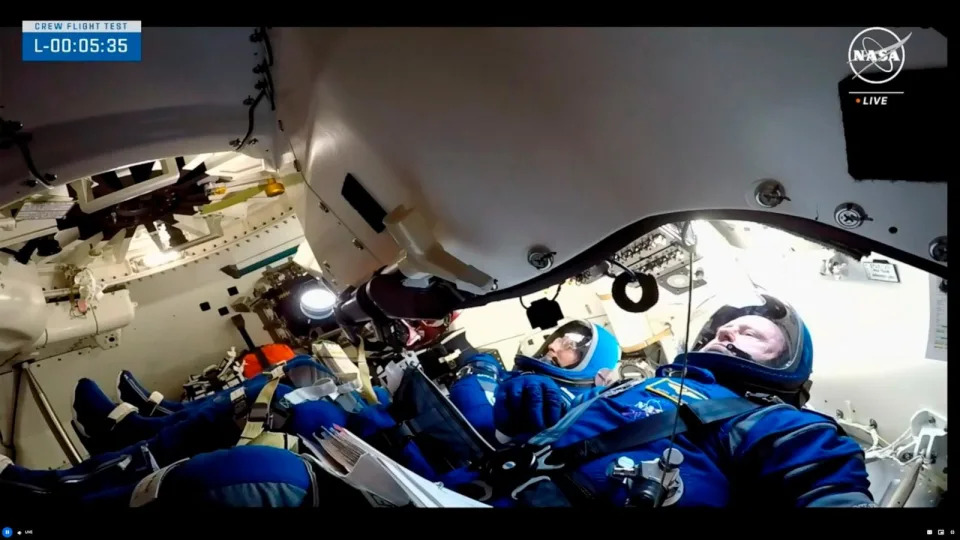
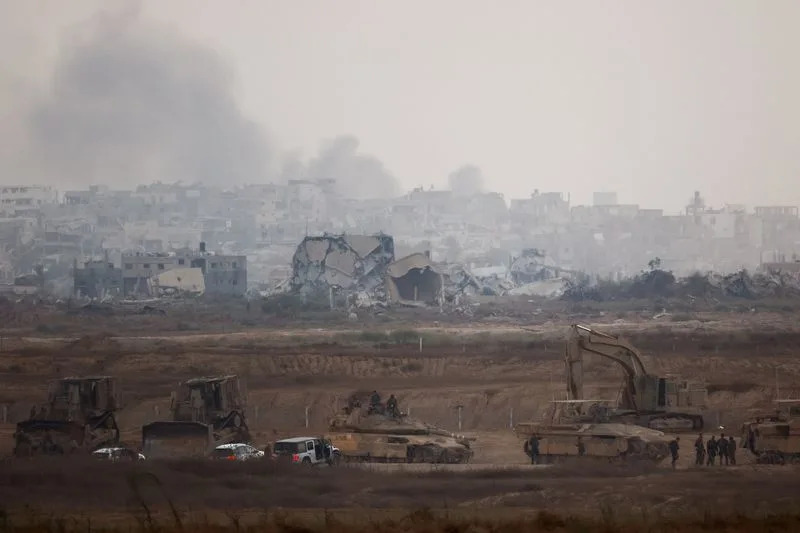
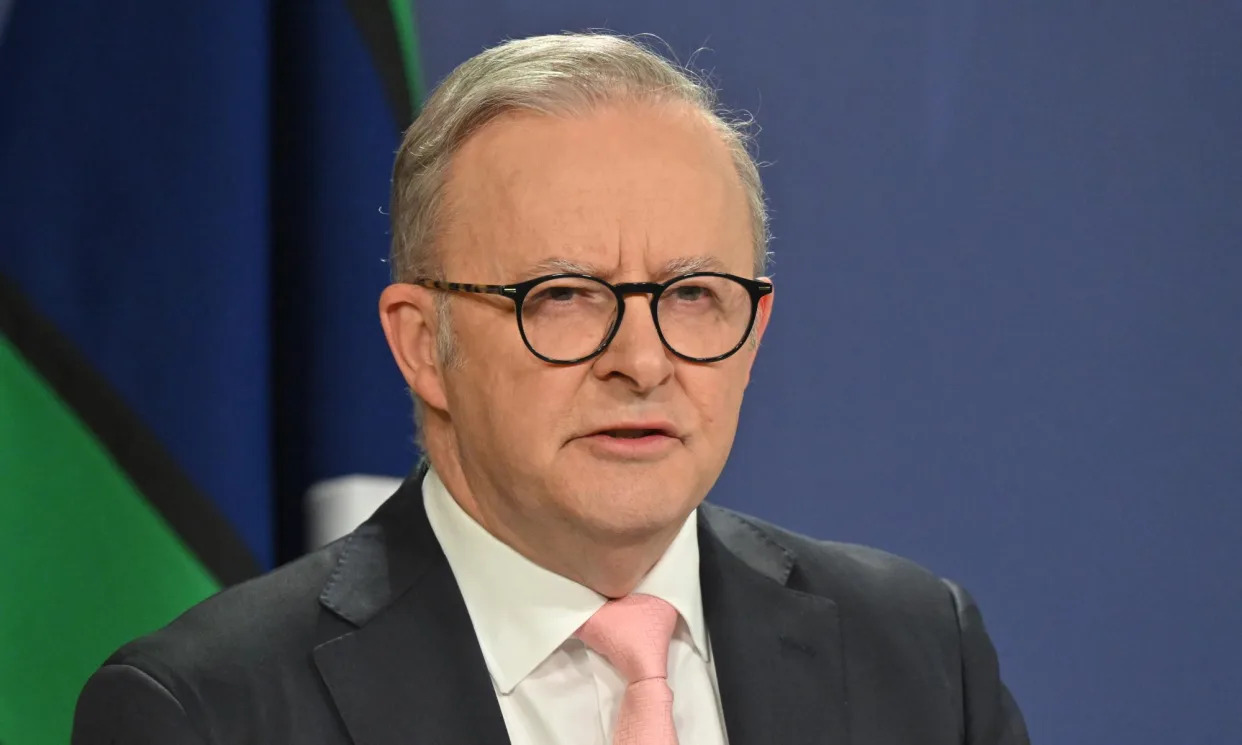
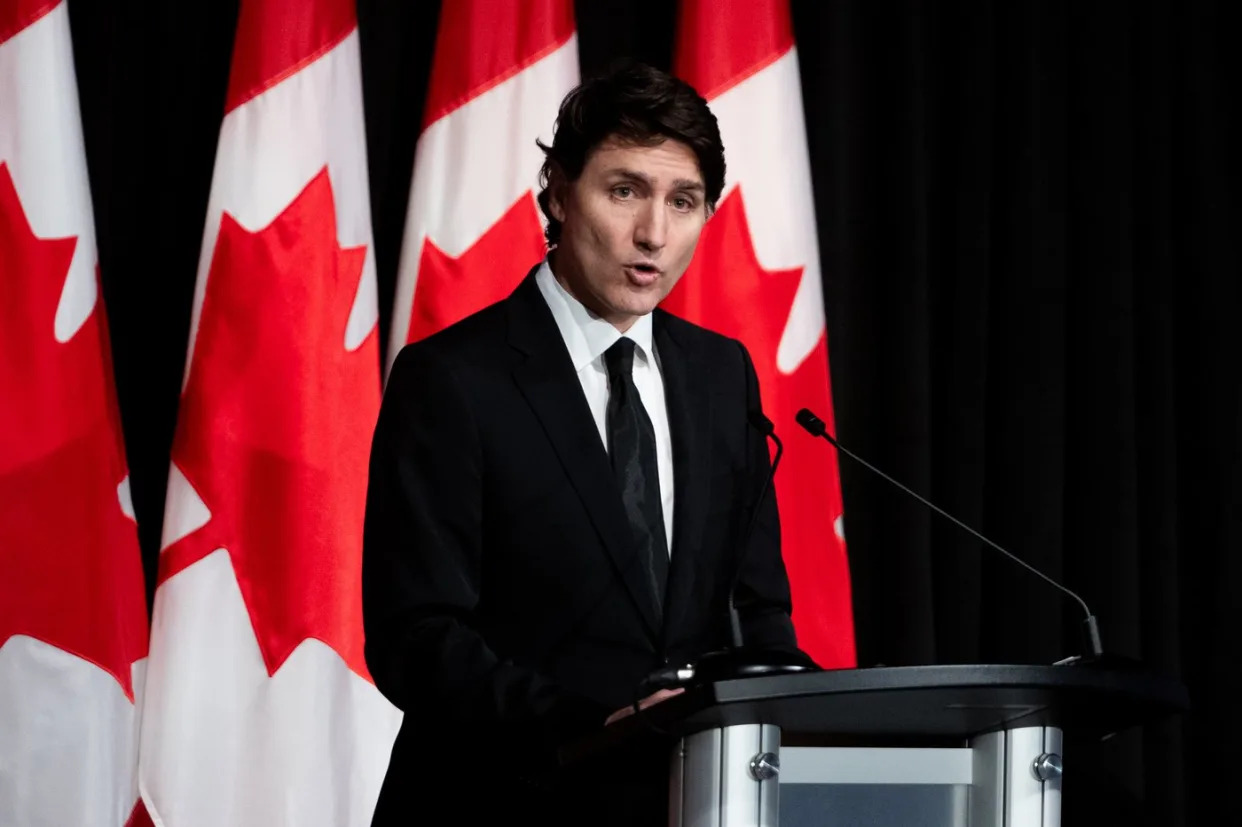
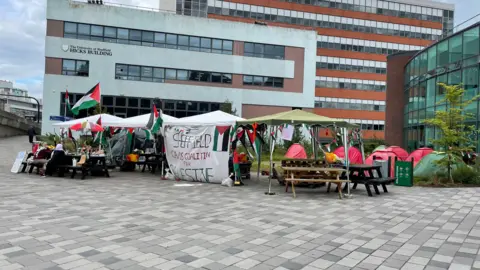
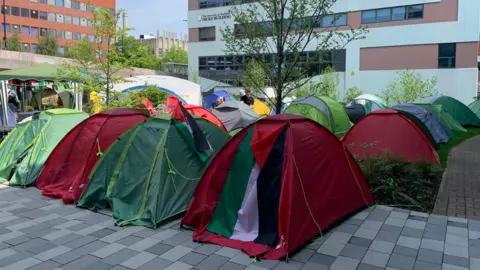
 Ahmadiyya Muslim Community meeting(photo credit: Ahmadiyya Muslim Community)
Ahmadiyya Muslim Community meeting(photo credit: Ahmadiyya Muslim Community)
